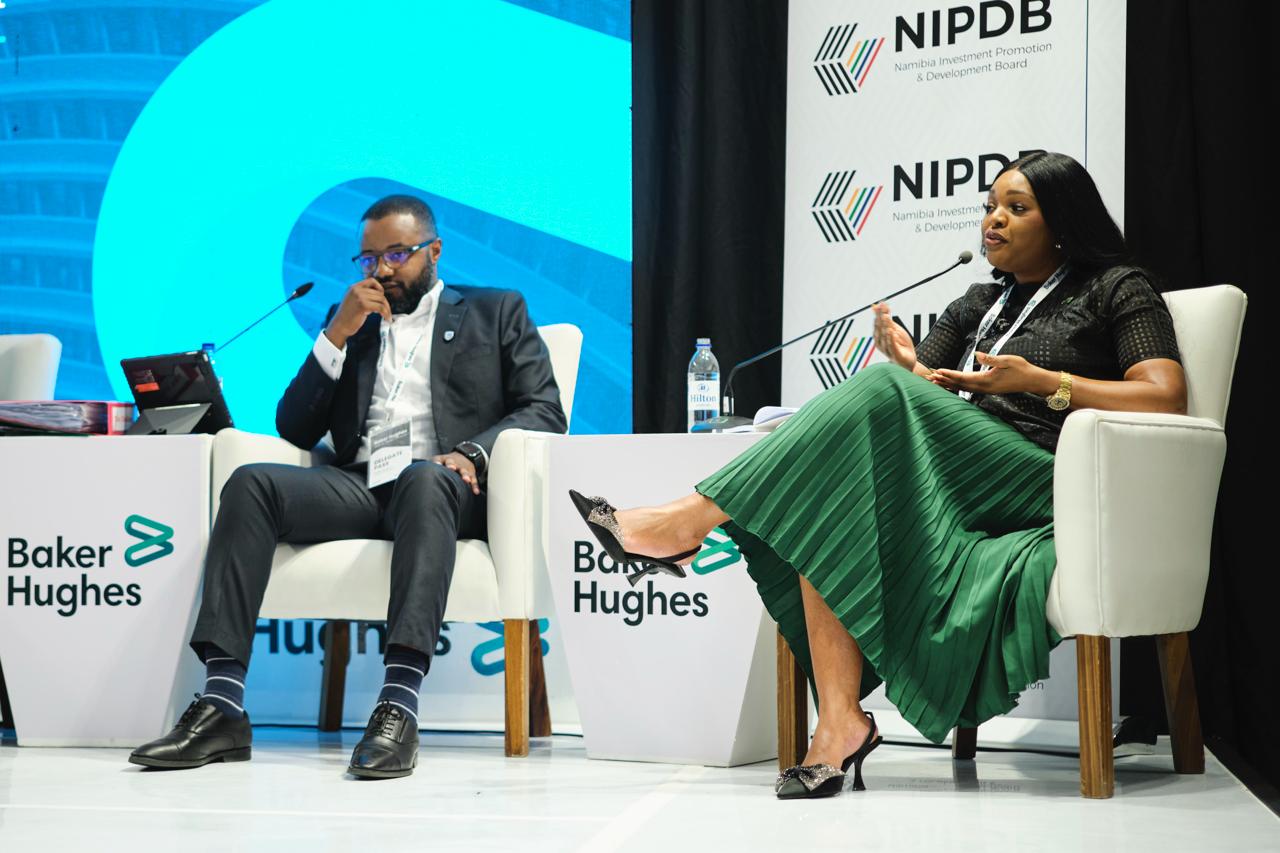
Funding remains a major challenge for small and medium-sized enterprises (SMEs) seeking to participate in Namibia’s oil and gas sector, as local firms call for government-backed guarantee funds to help them access equipment and meet certification requirements.
Industry players warn that financial and operational constraints continue to hinder SME participation as the country moves closer to final investment decisions (FID) in major oil and gas projects.
Kledura Imalwa, Managing Director of JRK Global Energy, said access to equipment remains one of the most significant barriers for local companies, particularly those bidding for short-term exploration contracts that require substantial capital.
“Procuring and renting large quantities of equipment for limited periods strains SMEs’ capital and limits their participation in the sector,” she said.
Imalwa urged the government and development finance institutions to establish a guarantee fund that could provide SMEs with the financial backing needed to compete.
“So if we could have the development bank then come in obviously with government and maybe give us a guarantee fund. A fund that can give us guarantees to be able to get equipment in because when we do go to FID we need to bring in a lot of equipment. There’s a willingness from the industry, from my side and from my peers who are sitting in the room to learn and to contribute, but obviously we need a lot of support,” she said.
She added that many SMEs are starting from scratch and struggle to raise capital or provide collateral, leaving them unable to meet contract requirements.
“In terms of, for example, myself, my company is 100% owned by myself, which means I’m starting off from scratch. I’ve identified what I want to do with low-hanging tools. Technical expertise, you can really borrow from anywhere. But money and collateral is really an issue,” Imalwa said.
Imalwa further noted that existing youth funds are insufficient to cover the financial demands of the oil and gas industry.
“Where we can probably, I know there is the youth fund, but the youth fund too is limited. It’s probably between, I’m not sure of the exact number, but it’s maybe around five million dollars. Now, for the industries we are trying to enter, five million dollars can be a contract. It’s not sufficient to cover what is needed,” she said.
Iitembu Shituula, Client Coverage Manager for Oil and Gas at Standard Bank Namibia, said supporting SMEs requires early engagement and collective effort from government, financial institutions and the private sector.
“Let’s start early with developing local talent and ensuring standards are met. This is not just the responsibility of one company or institution, nor just the government, but a collective effort of all stakeholders involved in development,” Shituula said.
He emphasised that access to tenders and finance remains critical for SMEs, as short-term contracts and specialised financing needs often make conventional banking solutions inadequate. Guarantee funds or long-term capital facilities, he said, would help local firms compete more effectively.
Shituula also encouraged Namibian enterprises to partner with experienced firms from countries such as Ghana and Nigeria to build technical capacity and strengthen the local supply chain.
“The focus is on competence, compliance, and the ability to deliver quality services. Local talent and enterprises must be intentional in pursuing opportunities, continuously improving, and collaborating with knowledgeable partners to meet industry standards,” he added.







